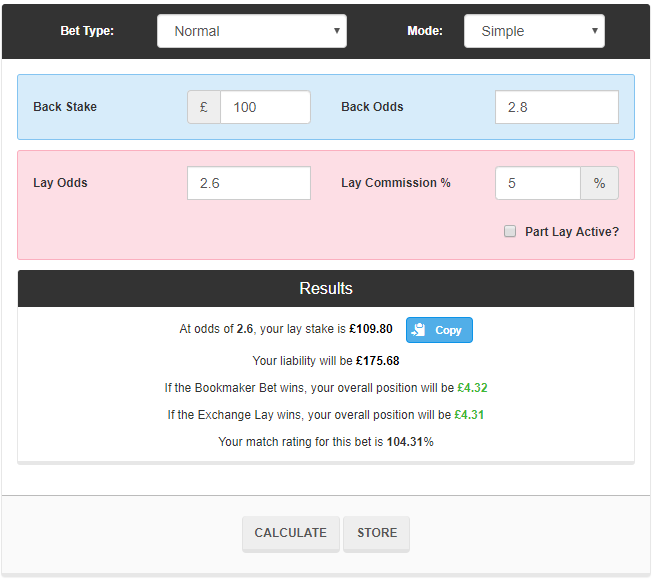Is It Safe To Arb When Matched Betting?
Justin Legg
2 Aug 2019
Updated: 24 Apr 2023
To Arb Or Not To Arb
Arbing, or arbitrage betting, is usually a big no when it comes to matched betting. Many matched bettors would resoundingly advise people not to arb regularly on their accounts due to the unwanted attention that it would generate from the bookies. There are occasions, however, when we would look to deviate from this and actively arb. Before we look at when we might try to do this let’s first have a recap on what arbing actually is.
What Is Sports Arbitrage Betting?
Arbitrage bets in sports betting is an activity where you simultaneously place bets on all possible outcomes of an event at odds that give you a profit, whatever the result of the event will be. These bets are also known as surebets, miraclebets, surewins or just arbs. Matched betting is a form of arbing in a way.
Arb betting is possible when there is a discrepancy between odds that allow a profit to be made by covering all outcomes. Usually, this is a binary bet – with just two outcomes.
The most common scenarios whereby you are likely to encounter and arbitrage bet would be when the back odds offered by a bookie are (much) higher than the lay odds for the same selection being offered in the exchange.

In this example, you can see that the discrepancy in odds provides you with a minimum profit of £4.31 regardless of the outcome.
Arbing opportunities most commonly arise when bookmakers disagree on odds or make a mistake when pricing a market. Arbing is pretty far removed from traditional gambling. It is more a mathematical process to get profit.
Arbitrage Betting Dutching Examples
As well as seeing arbs in backing and laying you will also see them between bookies, meaning that you would need to Dutch your bets.
When pricing a market, bookmakers will almost always factor in an edge, where the total odds of all outcomes are more than 100%.
Arbitrage systems rely on the combined odds from the different firms producing a negative margin - less than 100% - so that the edge is in favour of the customer
An example of how an arbitrage Dutch bet could be applied to a tennis match:

In this example, if we bet £100 on Murray at 1.42, it would return us £142 if he wins the match. By then placing £36.13 on Djokovic at 3.93, we would match the expected return of our Murray bet (or just shy at £141.99).
In total, we'd be staking £136.13 for a profit of £5.86 (141.99 minus our 136.13 stake) no matter the outcome of the match.
So the speed of placing an arb bet, after you find them which can be tricky, makes them a very attractive proposition so why would you not arb all the time?
Why Do Bookies Not Like Arbing?
Arbing is perfectly legal but, it might not surprise you that, not many bookmakers welcome regular arbers.
The main reason is fairly obvious – because it costs them money. The problem bookies face is identifying customers who are using arbing as a strategy – it can be quite difficult for them to track.
Make no mistake, though: If you are consistently winning, the bookie will closely monitor your activity and, if betting patterns lead them to suspect you are arbing, your account could be restricted or closed, sometimes without warning.
Matched bettors refer to this as being gubbed
Some bookies claim they will never restrict or close accounts, but they are few and far between.
When Is It Safe To Arb?
If you have a healthy bookie account with a bookie that regularly throws out reload offers, the advice is simple. Do not arb with them. The occasional arb is fairly harmless and sometimes unavoidable due to the odds fluctuating. So if you want to keep an account healthy then avoid arbing.
However if you have an account that is either already gubbed or you haven’t seen a reload offer from in forever, then arb. Remember though it is highly likely that your account won’t last particularly long and that you do so in the knowledge of the risks involved in arbing with the bookies.
